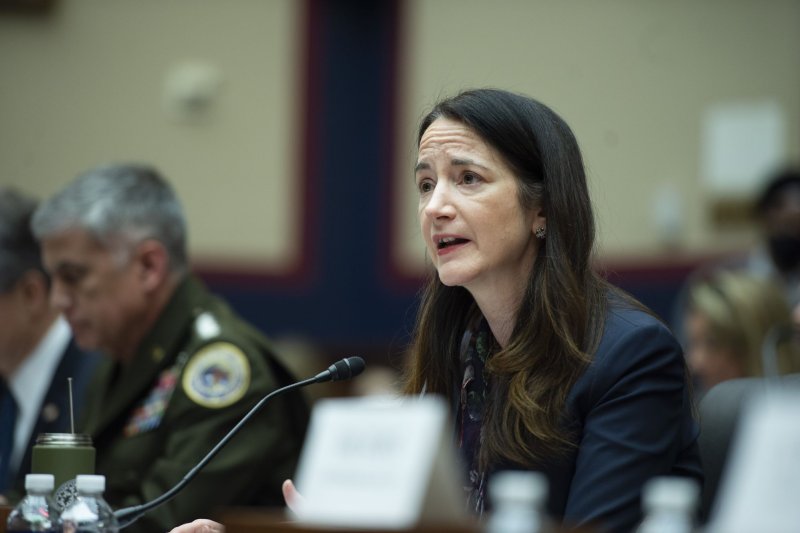March 1 (UPI) -- The mysterious "Havana syndrome," a set of medical symptoms suffered by U.S. diplomats and military personnel overseas, is "very unlikely" caused by a foreign foe, the Office of the Director of National Intelligence said Wednesday.
The unusual diagnoses, with some of the first cases identified by U.S. officials in Havana in 2016, have resulted in unknown reasons for symptoms ranging from ringing in the ears to cognitive difficulties.















